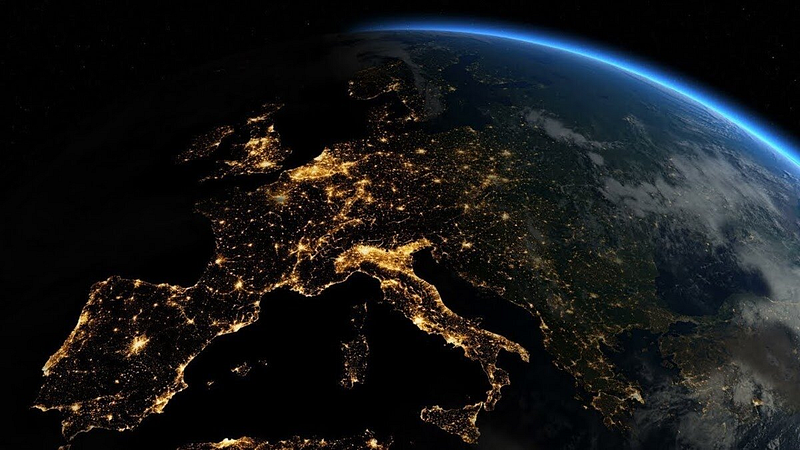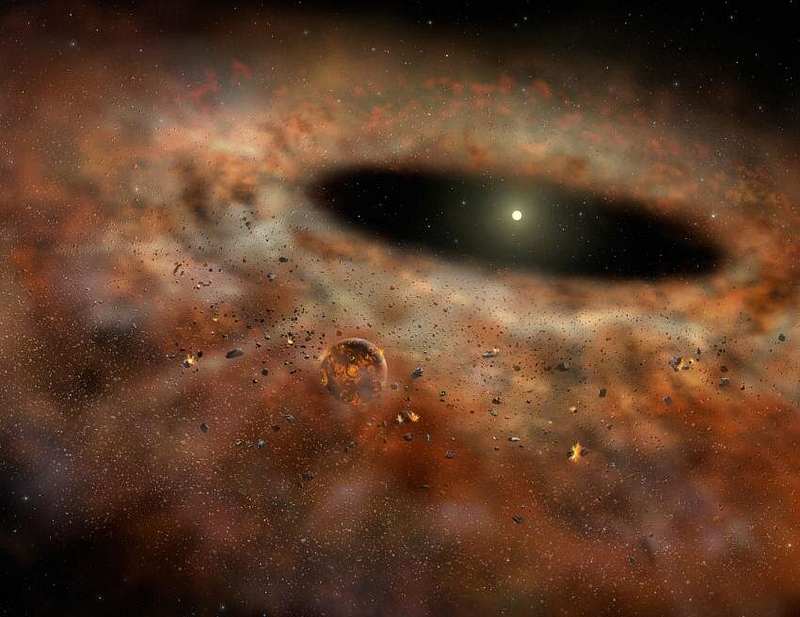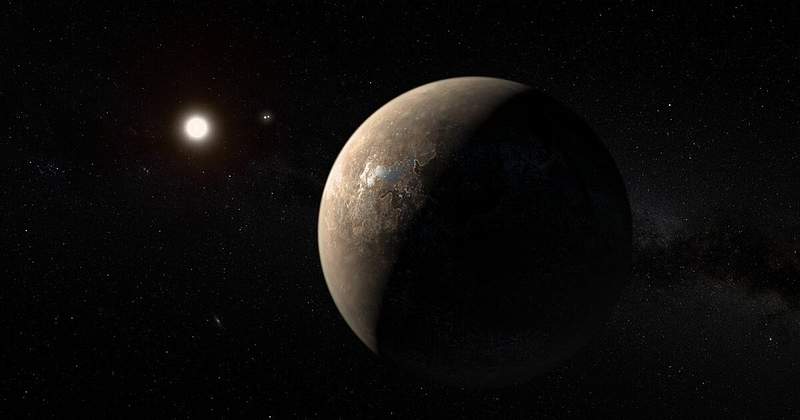What Would Happen If Earth Stopped Rotating? Insights Explored
Written on
The Fascinating Dance of Celestial Bodies
In our universe, everything is in motion. The Earth rotates on its axis while orbiting the Sun, which in turn spins on its axis and revolves around the center of our galaxy. This cosmic choreography is beyond our control. However, let’s take a moment to ponder the hypothetical scenario where the Earth stops rotating. What ramifications would this have for life on our planet?

Are There Planets That Don’t Rotate?
Some celestial bodies in our universe appear not to rotate. These planets consistently present one face toward their star, a phenomenon caused by tidal forces between the planet and its star. This gravitational interaction can slow a planet's rotation until its rotational period aligns with its orbital period. A prime example of this is our Moon, which always shows us the same face.

The same phenomenon occurs on various exoplanets, particularly those positioned close to their stars, where tidal forces are more intense. Consequently, one hemisphere of these planets experiences extreme cold, while the other is subjected to scorching heat.
What If Earth Stopped Suddenly?
Currently, the Earth’s rotation is gradually slowing down at a rate of approximately 1.7 milliseconds per century. This change is so minute that it goes unnoticed, and it’s unlikely that the Earth will ever completely halt within the solar system's lifespan. Yet, if we imagine a sudden stop, the outcome would be catastrophic.
If the Earth were to abruptly cease its rotation, it would unleash chaos. Although we don’t perceive it, the rotational speed at the equator reaches around 1600 km/h. A sudden halt would send everything flying eastward due to inertia—people, buildings, trees, and more—traveling at hundreds of kilometers per hour. The impact with any solid object would be devastating. Furthermore, the atmosphere, which rotates with the Earth, would unleash a fierce hurricane, stripping away almost everything except in the polar regions, where the rotation speed is significantly lower.

A Gradual Stop: A Different Kind of Catastrophe
If the Earth were to slow down gradually, the results would still be dire, albeit more gradual. The absence of a consistent 24-hour cycle would disrupt biological rhythms, leading to the extinction of numerous animal and plant species. Over time, the climate would undergo radical changes, with days lasting an entire year, resulting in extreme temperature fluctuations between freezing and heating. Only a few microorganisms and deep-sea creatures might endure in such harsh conditions. Some researchers speculate that this scenario could also signal the demise of our magnetic field, which currently shields the planet from harmful cosmic radiation. However, there is debate on the extent to which Earth's rotation influences the formation of this magnetic field.
Explore the implications of a stationary Earth in this video: What If The Earth Stopped Turning?
Delve deeper into the consequences of a brief halt in Earth's rotation with this insightful video: What If the Earth Stopped Spinning for 5 Seconds?
Engage with Us!
If you're interested in reading more about cosmic phenomena, don't hesitate to clap! Subscribe to our channel and feel free to ask any questions, which I will address in future articles.